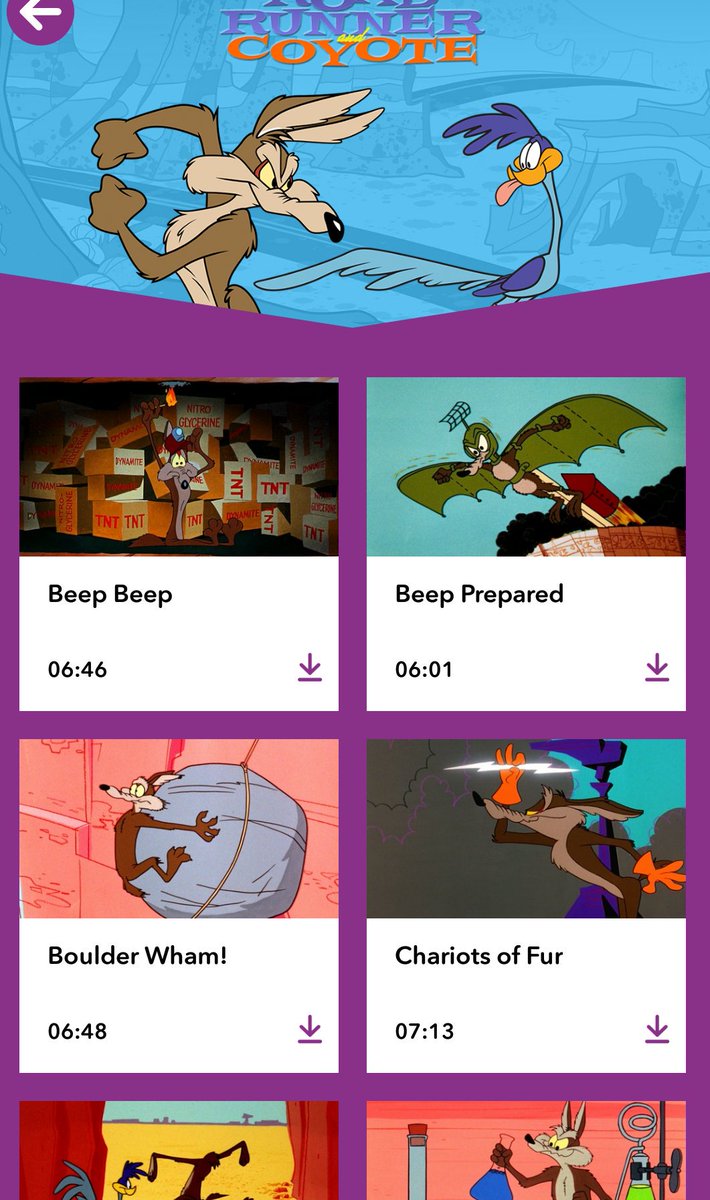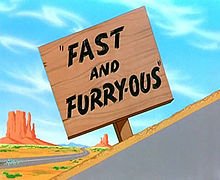The background I gave earlier described some of the issues.
The conclusion is that we need 2 things:
1. Pedagogy explicitly about reading scientific literature.
2. The pedagogy must be evidence-based.
Other people, lots actually, have noticed that we need to teach how to read science lit. There two general ways:
A. Adopting methods from general expository writing.
B. Developing methods specifically for science lit.
B: focus on the structure of the research paper, & also not tested. In fact, glossy journals regularly publish pieces on how to read an article.
Why does this matter so much?
Why is it so important that we only use methods to teach science reading that we know work?
We read to:
1. learn,
2. review
3. replicate
If this makes it seem like all of science rests on how well we read, that's because it really does.
Specifically, my research involves using cognitive narrative to teach science reading skills, but more on that, tomorrow.






